The Unconventional Summer Reading Club
 We all have things we don’t like. For me, the list includes sea food and sports. It is hard for me as a librarian to hear someone say they don’t like to read, but over the years I have come to a sense of peace about it. I have come to the point where, for me, it is okay to hear that a person doesn’t like to read for pleasure. I can respect that. What is important to me is that they CAN read and successfully engage in information seeking skills. I have also come to understand that the library is about more than just book circulation. This is one of the reasons why I advocate for having ways to involve non-readers in your summer reading clubs – what I like to call the Unconventional Summer Reading Club. I know, it seems like a contradiction in terms – it is, after all, called a READING club. But we have a variety of programs and services that invite non-readers into the library and we can find creative ways to involve them while respecting the library goals and our non-readers. Here are just a few . . .
We all have things we don’t like. For me, the list includes sea food and sports. It is hard for me as a librarian to hear someone say they don’t like to read, but over the years I have come to a sense of peace about it. I have come to the point where, for me, it is okay to hear that a person doesn’t like to read for pleasure. I can respect that. What is important to me is that they CAN read and successfully engage in information seeking skills. I have also come to understand that the library is about more than just book circulation. This is one of the reasons why I advocate for having ways to involve non-readers in your summer reading clubs – what I like to call the Unconventional Summer Reading Club. I know, it seems like a contradiction in terms – it is, after all, called a READING club. But we have a variety of programs and services that invite non-readers into the library and we can find creative ways to involve them while respecting the library goals and our non-readers. Here are just a few . . .
In most standard SRCs, we ask our teens to visit the library and either fill out a slip for each book read and put it into a prize drawing or to keep reading logs. I realize that there are variations among us all about how, exactly, we go about doing this but time and time again these are the two main practices I read about when discussing teen summer reading clubs (or programs or challenges or whatever your library happens to call yours). I understand – and even support – the main theory behind these practices. SRCs are important because research shows time and time again that teens that read over the summer maintain or advance their core vocabulary and education level. Plus, story is an important way for us all to learn about and engage in both the discovery of our world and self. But over time I have come to broaden the scope of my ideals, and even goals, of the summer reading program. We can put together summer reading programs that still emphasize the value of reading while reaching out to our nontraditional readers and highlighting some of the other, equally important, aspects of our library services. How do we do that, you ask? Why – I am so glad you did. Here are some of my completely random thoughts about the question on hand.
Time vs. Books
When we ask teens to record their reading in terms of books, we are asking our teens to compare apples to oranges. One teen can read a title such as Harry Potter, well over 700 pages, while their counterpart is deliberately searching the shelves for the shortest books they can find. Administrators argue that recording participation in terms of books helps to increase circulation, but it also encourages our teens to pursue the lowest common denominator; we may be reaching our goal of increasing circulation, but we do little to encourage our teens to seek out challenging reading materials to improve their skills over the summer months.
ADVERTISEMENT
ADVERTISEMENT
Additionally, when we allow our teens to record participation in terms of time spent reading we give a nod to 21st century reading habits. I don’t know about you, but I spend a fair amount of time doing online reading. I read a variety of news articles, blog posts and more – and so do our teens. Many libraries allow teens to count audio books as part of their participation, so why not expand your program to include other types of reading, including online reading, by inviting teens to record time spent reading as opposed to the number of books they read. In this way, we are only increasing our audience and encouraging participation.
The “Bonus” Ballot/Entry
At one of the libraries that I worked at, they had a “Bonus Ballot” that teens could fill out for attending library programs or filling out and turning in contest sheets. We are spending the staff time and money to put these programs together and asking our teens to come, so why not fully integrate them into our SRC programs and offer teens the opportunity to gain participation credit for it? There is little negative to this in my mind; we are encouraging participation and broadening the scope of our SRCs by reaching out to more reluctant readers. By opening the door in this way you will get teens into your library who aren’t readers and perhaps on one of their visits they may finally pick up a book and choose to read it. If nothing else, you are building relationships with nontraditional library teens and helping them form positive opinions of the library.
Contests!
I am a huge believer in contests. Contests allow teens to participate in library programming but on their own time and terms. I can spend hours putting together a program for a Monday at 3:30 pm – but it is a very finite time frame. I can also spend time putting together a contest sheet with a broader, but still finite, time period and allow teens to participate on their own time schedule. Instead of having 1 hour for teen participation, I now have a program with a two week participation period that teens can download from home if they would like, complete at their own pace, and return to the library. If you design your contests right, they often have to practice information skills to complete them which gives them added value. So, for example, if your SRC lasts 8 weeks you can have a new contest that ties in to your theme every 2 weeks and have 4 fun opportunities for nontraditional readers to participate while brushing up on their information seeking skills. Contests don’t replace traditional programming, but are an added value type of programming that allows you to reach a wider audience.
Online Entries
I have worked with administrators who have very distinct views about SRCs and the truth is, some of these views need to change because our audience is changing. Teens spend a lot of time online, it’s past time for us to take our SRCs online. Current technology makes it easy for us to create SRCs where teens can sign up online and fill out entry forms/reviews/ballots from home (or school or wherever). Yes, I think we need to continue to have the paper stuffs in our library. As we all know, not all of our teens have the same access to technology. But we want to create a program that includes the greatest number of teens which means we need to engage in multiple ways of reporting. Yep, this creates a little more work for staff, but if our goal is to stay relevant, increase participation and meet the needs of our teens – then we have to adapt.
Don’t get me wrong, I know that many libraries are doing one or more of all of these things. And to be honest, you all probably have great ideas that I haven’t thought about (please share them in the comments). But as we are here once again getting ready to kick off our summer reading programs, I keep thinking about various elements and ways that I can increase teen participation and reach out to my non-traditional library users.
Filed under: Programming, Summer Reading
About Karen Jensen, MLS
Karen Jensen has been a Teen Services Librarian for almost 30 years. She created TLT in 2011 and is the co-editor of The Whole Library Handbook: Teen Services with Heather Booth (ALA Editions, 2014).
ADVERTISEMENT
ADVERTISEMENT
SLJ Blog Network
Name That LEGO Book Cover! (#53)
Cover Reveal and Q&A: The One and Only Googoosh with Azadeh Westergaard
Exclusive: Vol. 2 of The Weirn Books Is Coming in October | News
Fighting Public School Book Bans with the Civil Rights Act
ADVERTISEMENT



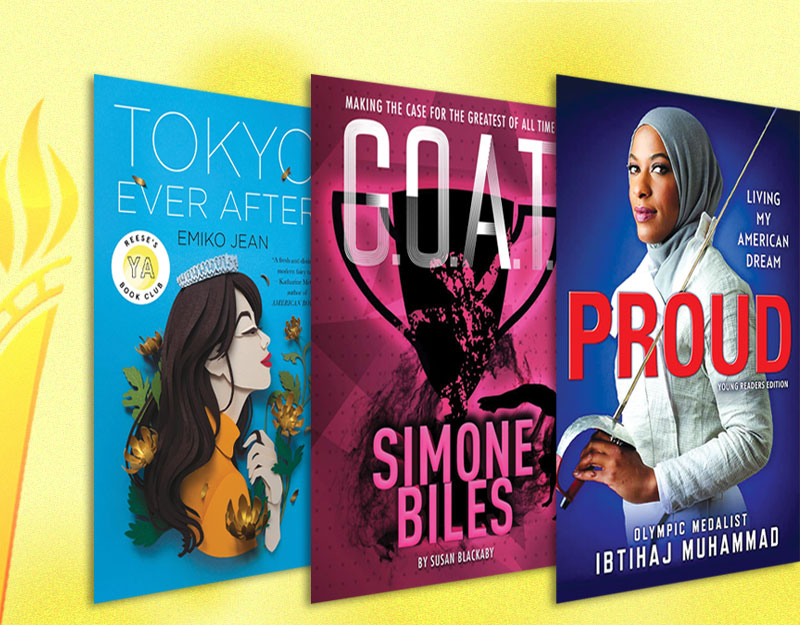
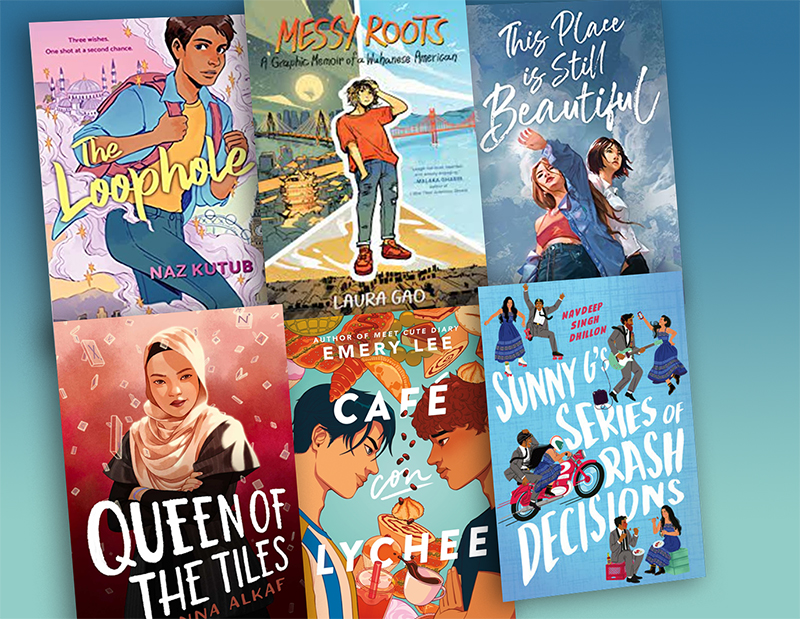
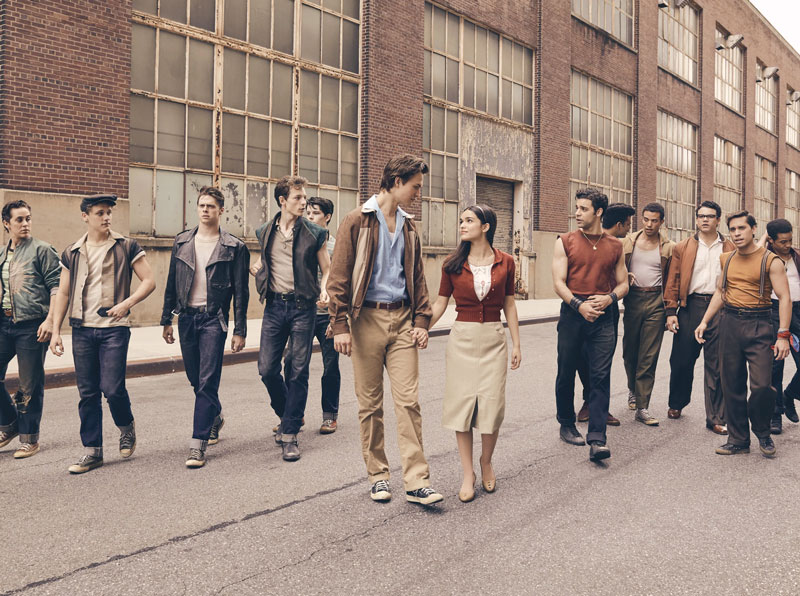
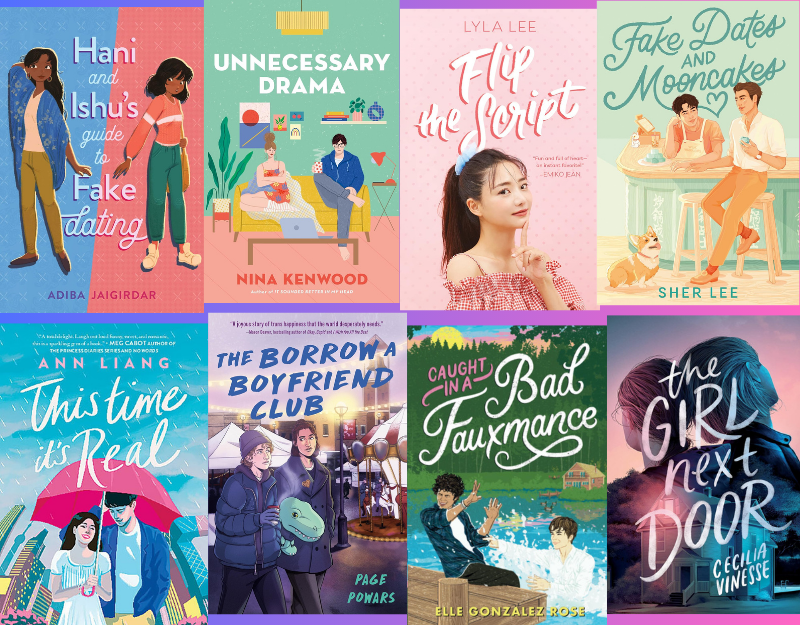
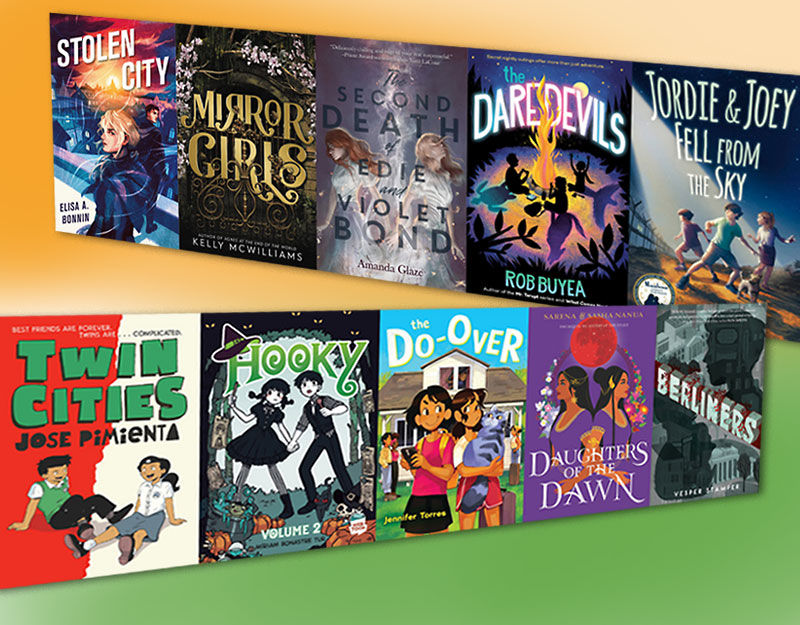
I really like this article. This is the second summer that I will be asking the children & teens at my library to count time vs. books. Much more motivational to the non-readers and slower readers. I like your idea about counting time for online reading as well.
What types of contests you host at your library? Also, what online program do you use to interact with your teens for summer reading. Do you have this right on your website or elsewhere?
Thanks, Kendra
First, I should point at that this is my first year at my new library system and I don't have the autonomy that I had in my previous system (or the budget or the space). So a lot of what this system does is already set up and the only 1 of the 4 that we are currently doing is having teens keep track of their reading by time, which I applaud. My contests have always been 1 sheet contests avialable in paper in my teen area or for download from the library website. There are some examples here http://teenlibrarianstoolbox.blogspot.com/2012/05/throwdown-do-rules-of-romance-apply-in.html?showComment=1336685578540#c6915212927675059780. I like to do a variety so one contest they might be looking titles up on the PACs and the next time they are using a reference sources. In terms of doing online submissions, I just used 123Forms I believe it was. There are some free online form products that you can use if you don't have the tech department to help you out with this feature.
I had a child once who told me that he didn't read, but what he meant was he didn't read literary works, just newspapers like The Wall Street Journal (pre-Murdoch), news magazines, and the like. I currently have a student who tells me the same tale, she likes to read fashion and celebrity magazines. I like using time as the benchmark, because then it doesn't matter what you are reading. Great idea.
Laura